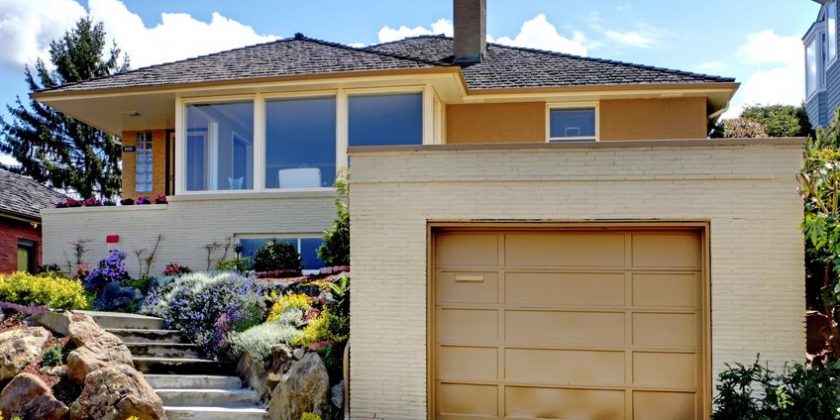SBA 504 Loans For Commercial Real Estate
Businesses looking for commercial real estate financing may want to consider the Small Business Administration’s 504 loan program, which provides low-interest, long-term, fully amortizing commercial real estate loans for eligible borrowers. While SBA 504 loans are not available for apartment buildings, they are available for commercial, owner-occupied properties such as daycares, hotels, office buildings, retail buildings, and more. To qualify, a property must be more than 51% owner-occupied. While they are mainly used for commercial real estate, they can also be used to finance heavy equipment. In addition to SBA 504 loans, the SBA also offers SBA 7(a) loans which…






